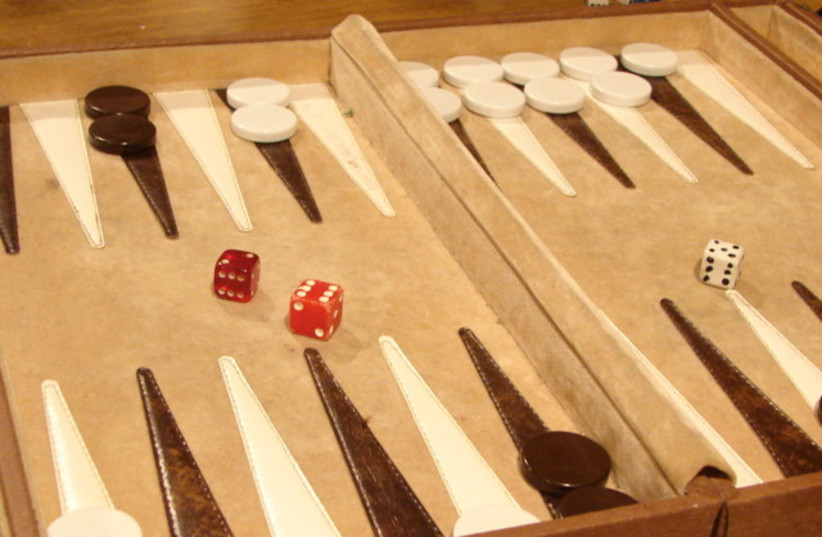Archaeologists unearthed a "tableman" gaming piece during excavations of a medieval building in Bedfordshire, England.
During excavations in preparation for a housing development, a team of archaeologists discovered a medieval timber-framed building and a series of medieval enclosure ditches, in addition to the tableman, according to Cotswold Archaeology. The piece, which was made from a cattle mandible, has a diameter of nearly 6cm and is adorned on the face with concentric circles and a ring-and-dot design.
What was the tableman used for?
Tablemen were used to play numerous board games in which two players would typically roll dice and move their pieces across rows of markings. The word ‘tables’ is derived from the Latin tabula which primarily meant “board” or “plank” and began in Britain during the Roman period.
The team speculates that their discovery was used to play tabula, which is similar to modern-day backgammon, during the medieval period (11th-13th centuries).
Other recent UK excavations
Several other exciting archaeological discoveries have been made in the UK this month including that of the remains of an ancient Roman-era street and residence found laying beneath the historic Exeter Cathedral.

Hidden beneath the Cloister Garden, which once held the medieval cloisters, are the remains of a different time when the Roman Empire ruled most of Britain.
The cloisters themselves were demolished in 1656. Currently, the cathedral is attempting to build a new Cloister Gallery on the site, which is why they are undertaking this archaeological excavation in the first place.
